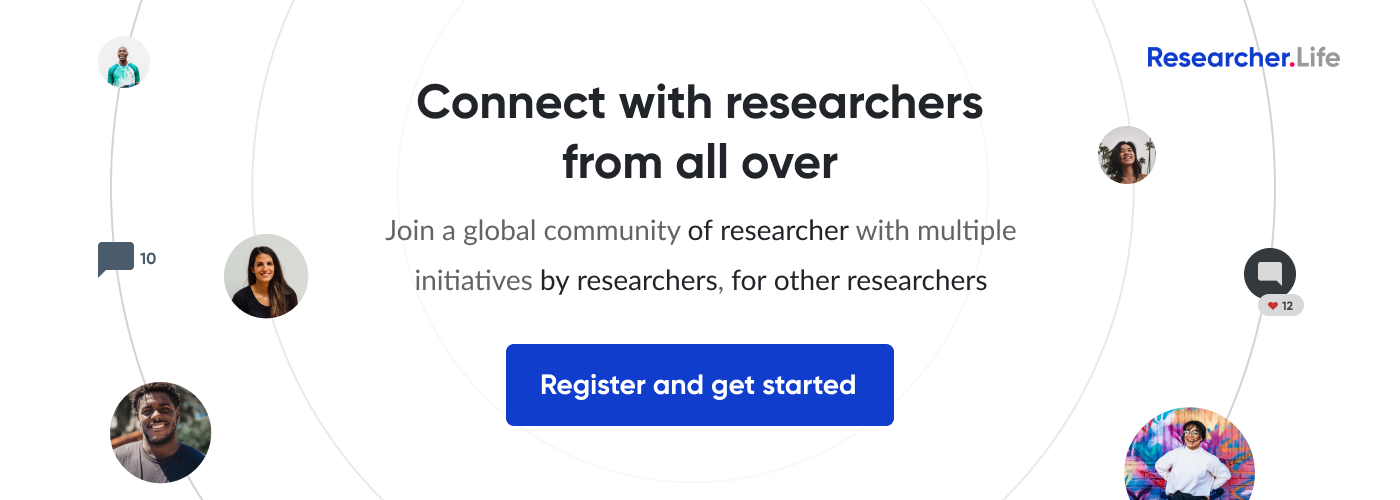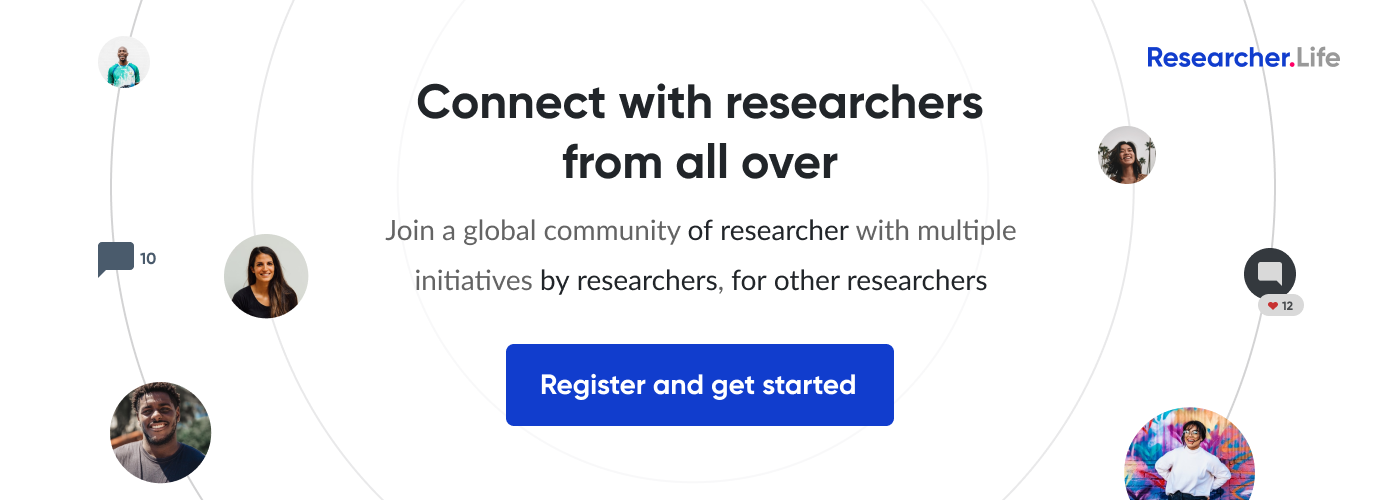Most interesting content on Editage Insights in 2022

Another exciting year is coming to an end. For us, it has been a year full of events, conferences, collaborations, changes (welcoming and unwelcoming) in the scholarly publishing landscape, and much more.
We published 243 content pieces this year, and here are some of the most interesting and well-received ones:
My experiences with mentorship in academia
Madhura Panse shares her wholesome mentorship experience as a student in her home country, an expat while pursuing her doctoral, and then as a mentor in her home country.
To hedge or not to hedge
As academic writers, we have often found hedging unavoidable. Although there’s always a dilemma whether to go ahead this path or not. This article talks about hedging with examples, how it’s inseparable from science, and some tips on how to use hedging in your writing.
Everything you need to know about framing a research hypothesis
The question that students often ask is how to find ideas that can be tested. The answer is simple —start with a why. Ask yourself why something piqued your curiosity and why you want to study it. This article is a guidebook on how to frame a good research hypothesis.
Cheat sheet: American Medical Association Manual of Style
This is a downloadable handbook with all the standard instructions that the American Medical Association (AMA) style manual consist. AMA is one of the most widely used styles of writing and this manual helps researchers with common stylistic issues in biomedical and medical manuscripts.
Plan S: An update on what’s happening and what’s in store
Plan S, an Open Access initiative that began in 2018, is becoming increasingly prominent. This post is a its timeline, from 2018 to present, and its implications for researchers, publishers, and societies.
Highlights of the 2022 Journal Citation Reports
Journal Citation Report (JCR) is an annual publication that holds immense importance for researchers and publishers alike. Just like other reports, JCR 2022 was an exhaustive one. Thus, Mriganka Awati, a senior writer at Editage Insights, CACTUS, published a summarized version.
What to educate your family about before you embark on a PhD journey
Researchers often find it quite hard to explain to their families the work that they do and the challenges they face. This post talks about how researchers can communicate with their families about their PhD journey, and things they must know about your life as a PhD student.
Statistical reporting doesn’t have to be scary: Tips for the statistically challenged researcher
This article provides some simple suggestions to help you be more thoughtful and accurate in analyzing and reporting your study results, even if statistics isn’t one of your strengths.
Developments in research misconduct—What peer reviewers need to know in 2022 and beyond
Peer review remains a vital “filter” that keeps the quality of published research high, and without them, we would place little trust in academic publications. This article covers some of the new ways of flouting research ethics that reviewers should be aware of, along with a research-integrity checklist.
VIDEO: [Open Access Week 2022 special] How can publishing initiatives promote climate justice? Interview with Rachel Martin, Global Director of Sustainability, Elsevier
This is a conversation between Rachel Martin, the Global Director of Sustainability at Elsevier, and Mriganka Awati, a senior writer at Editage Insights, CACTUS, about the different ways in which publishing initiatives can improve the communication of climate research and promote climate justice—including through open access publishing.
Transferable skills you gain during your PhD
While pursuing PhD, a researcher gains core skills that are fundamental to success in diverse careers. By the end of it, they possess a bunch of technical and soft skills that can easily be applied to various contexts outside labs and fields. This post talks about some of those transferrable skills.
Comments
You're looking to give wings to your academic career and publication journey. We like that!
Why don't we give you complete access! Create a free account and get unlimited access to all resources & a vibrant researcher community.














